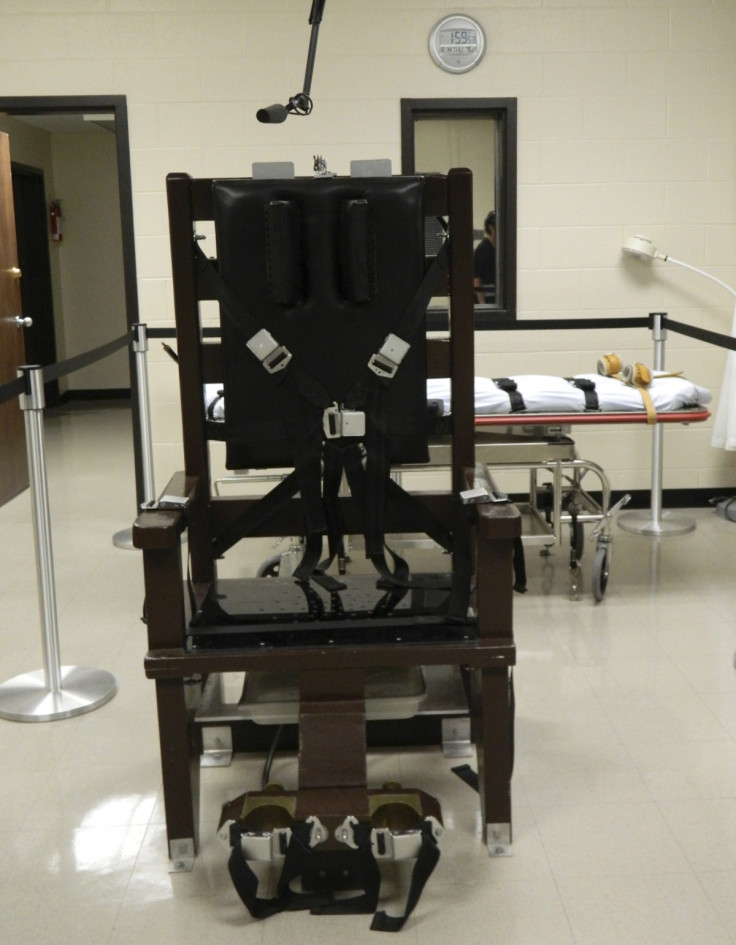State of Tennessee Brings Back Electric Chair

Death row inmates in Tennessee are to be executed by electrocution if the drugs needed to administer lethal injections prove unobtainable.
The state's Republican Governor Bill Haslam signed the bill into law on Thursday, following a boycott on supplying drugs for lethal injection by European pharmaceuticals companies.
Tennessee is the first state to reintroduce execution by electric chair without giving prisoners any other option, Richard Dieter, executive director of the Death Penalty Information Center, told Fox News.
"There are states that allow inmates to choose, but it is a very different matter for a state to impose a method like electrocution," he said. "No other state has gone so far."
He said that he expected executions by electrocution in the state to face legal challenges, both on the grounds of whether the state could prove that the drugs were unobtainable, and on the grounds of constitutional protection against cruel and unusual punishment.
Recently, state Senator Ken Yager told an interviewer that he introduced the bill because of "a real concern that we could find ourselves in a position that if the chemicals were unavailable to us that we would not be able to carry out the sentence."
The decision comes following outrage at the botched execution of prisoner Clayton Lockett, 38, in Oklahoma.
After being injected with an untested cocktail of lethal drugs, Lockett began to writhe and moan before dying of a heart attack nearly 20 minutes later.
Many states, including Oklahoma, Missouri and Texas, obtain the drugs from unidentified companies, which critics claim raises the likelihood of mistakes being made.
Wyoming lawmakers are considering whether to bring back execution by firing squad, in situations where lethal drugs are unavailable.
Previously, Tennessee law gave prisoners who had committed their crime before 1999 the right to decide whether they wanted to be executed by electric chair or lethal injection.
Eight other states allow prisoners the option of execution by electrocution.
The last prisoner to be electrocuted in Tennessee was Daryl Holton, a Gulf War veteran who killed his three sons and a stepdaughter with a high powered rifle, and was executed in 2007.
In 2001, the state Supreme Court in Georgia ruled that electrocutions constituted a cruel and unusual punishment, which caused death by "cooking" the brain.
In 2013, a total of 39 prisoners were executed in the United States, placing the country fifth (behind Saudi Arabia, Iraq, Iran and China) in the global ranking of countries that kill their own citizens, according to Amnesty figures.
© Copyright IBTimes 2025. All rights reserved.




















